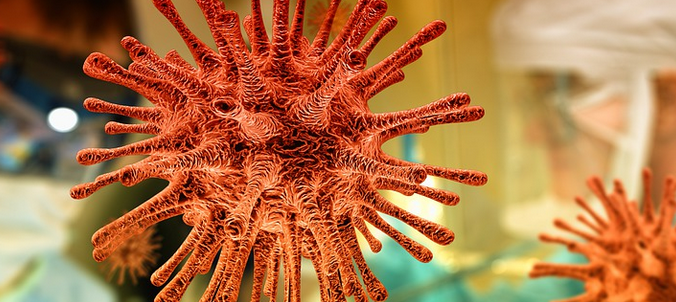The Dangers of Carbon Monoxide
Carbon monoxide (CO) is a colorless, odorless gas that is produced by the incomplete burning of fuels such as gas, oil, and wood. When inhaled, it can cause serious health problems, including headaches, nausea, dizziness, and even death. This is why it’s so important to have carbon monoxide detectors in hotels, where people are often staying in unfamiliar surroundings and may not be aware of potential hazards.
How Carbon Monoxide Detectors Work
Carbon monoxide detectors work by sensing the amount of CO in the air and sounding an alarm if it reaches a dangerous level. They are typically battery-powered and can be easily installed in hotel rooms. Some detectors also have digital displays that show the current CO level in parts per million (ppm).
The Importance of Regular Maintenance
While carbon monoxide detectors are an important safety feature, they only work if they are properly maintained. Hotel staff should test the detectors regularly to ensure they are functioning properly and replace the batteries as needed. It’s also a good idea to replace the detectors themselves every five to seven years, as they can degrade over time.
Regulations and Recommendations
Many countries have regulations in place that require hotels to have carbon monoxide detectors in guest rooms. In the United States, for example, many states require detectors in hotels and other commercial buildings. Even in places where it is not required by law, it is still a good idea for hotels to have detectors as a safety precaution.
What to Do in Case of an Alarm
If a carbon monoxide detector sounds an alarm, it’s important to take it seriously. Guests should evacuate the room immediately and notify hotel staff. Hotel staff should then contact the local fire department or emergency services and follow their instructions.
Choosing the Right Carbon Monoxide Detector
When choosing carbon monoxide detectors for hotels, it’s important to select models that meet industry standards and have been tested by independent laboratories. Look for detectors that have been certified by organizations such as UL (Underwriters Laboratories) or CSA (Canadian Standards Association).
Other Safety Measures
In addition to carbon monoxide detectors, hotels should also take other measures to ensure guest safety. This may include regular maintenance of heating systems and appliances, proper ventilation, and education of staff and guests about the dangers of carbon monoxide.
Conclusion
Carbon monoxide detectors are an essential safety feature in hotels. They can help prevent serious health problems and even save lives. By following regulations and recommendations, choosing the right detectors, and taking other safety measures, hotels can help ensure the safety of their guests.

